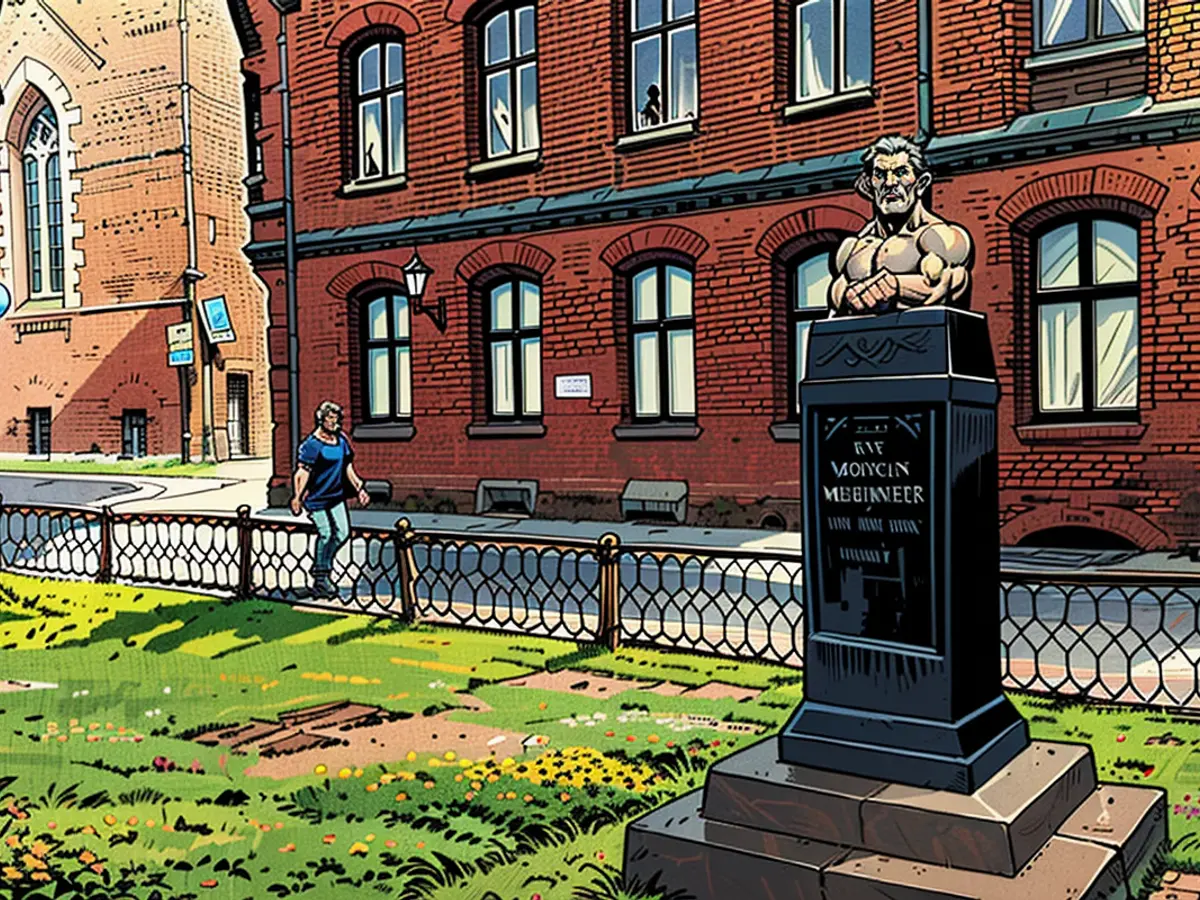- Riga honors the 280th anniversary of Shepherd's birth
Celebrating the 280th anniversary of German philosopher, author, and theologian Johann Gottfried Herder, Riga held a public tribute. Born on August 25, 1744, this Enlightenment era poet spent five years in the current Latvian capital, where he served as a teacher, library worker, and suburban church pastor. He passed away in Weimar in 1803.
At the age of 20, Herder made his way to Riga, taking on teaching duties at the Cathedral School and library work, alongside his role as a pastor in two suburban churches. Several scholars spoke at the memorial gathering on Herder Square, referencing these details and reading from his influential work, "Ideas for a Philosophy of the History of Mankind," originally published in Riga.
In 1764, after completing his studies in Königsberg, Herder received an invitation to Riga. Despite his reputation among Germany's elite for his teachings and sermons, the city eventually felt too restrictive, prompting him to depart abruptly on a ship after five years.
However, letters and his posthumously published "Travel Diary from the Year 1769" provided insight into the importance of his time in the then Russian-controlled city. Riga served as a formative stage in the development of this influential thinker, alongside Goethe, Schiller, and Wieland, who are deemed the foundational pillars of Weimar Classicism.
While in Riga, Herder published his initial works and laid the groundwork for further philosophical writings on culture, establishing the intellectual and philosophical foundations for the humanistic and universal ideals of German Classicism.
Herder also expressed interest in Latvian folk songs, known as Dainas, translating some of these into German and publishing them in a collection. To this day, he is revered in Latvia for his contributions to their cultural heritage.
In 1864, Riga honored Herder on the occasion of his 120th birthday and the centennial commemoration of his arrival by erecting a statue of him near the Cathedral – the first cultural figure statue in the historic Hanseatic city.
Post-World War II, this statue was dismantled by loyalists of the Communist regime, but it was mysteriously reinstalled in 1959 in preparation for a high-ranking delegation's visit from the German Democratic Republic.
During his time in Riga, Herder was deeply inspired by the local Latvian folk songs, known as Dainas, and translated some of them into German, publishing them in a collection. The city of Riga honored Herder's significant contributions to their cultural heritage by erecting a statue of him near the Cathedral in 1864, making him the first cultural figure to be commemorated with such a tribute in the historic Hanseatic city.








